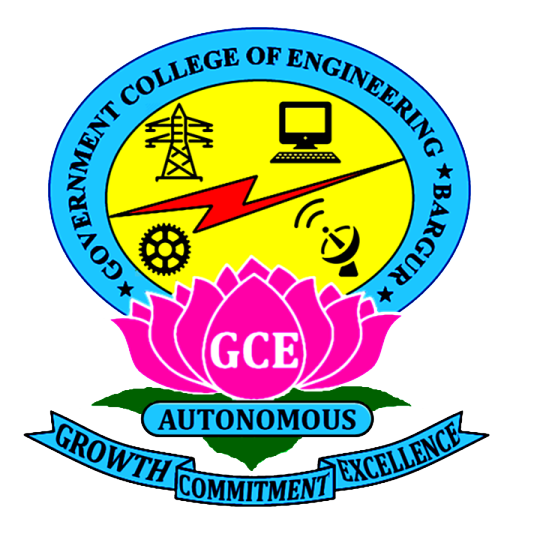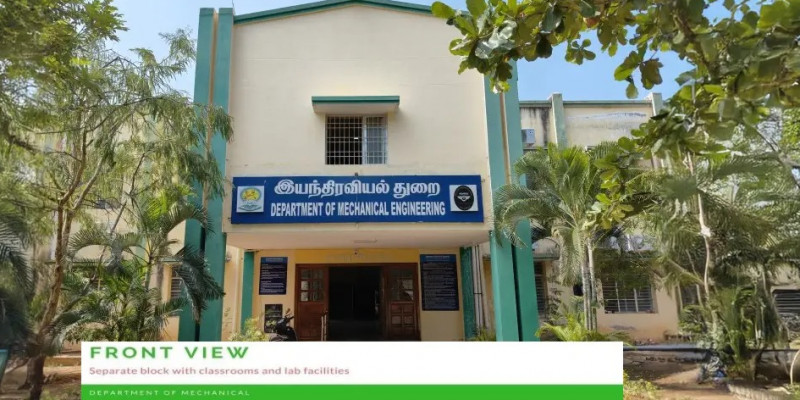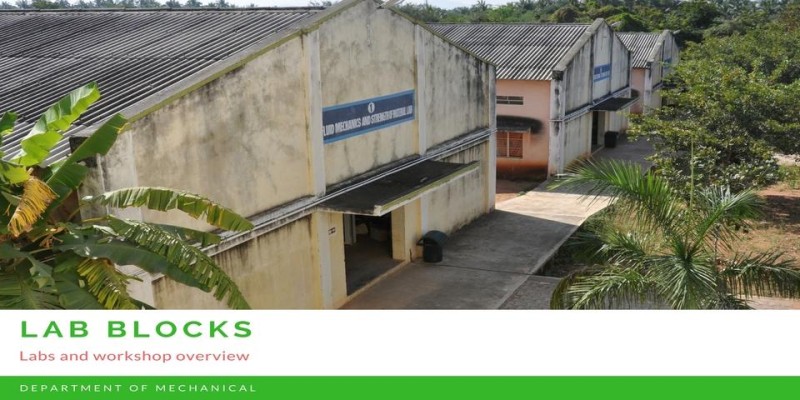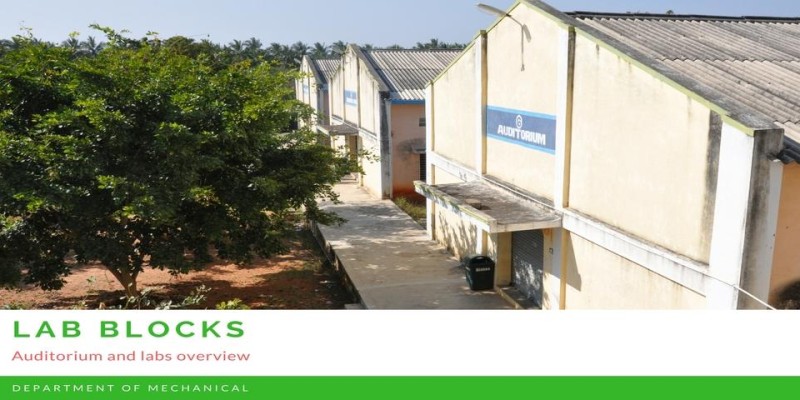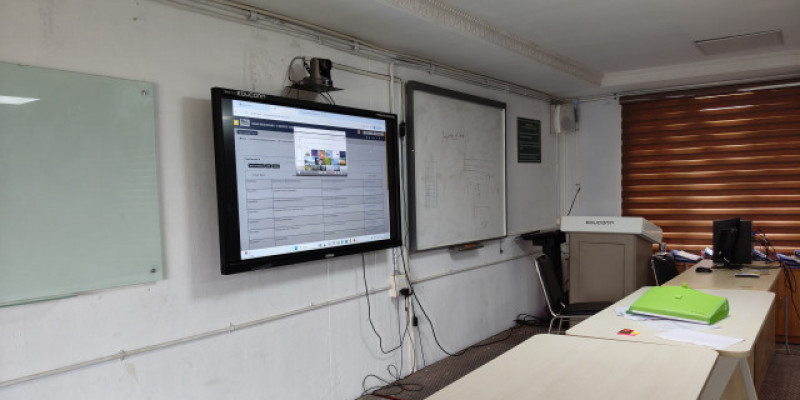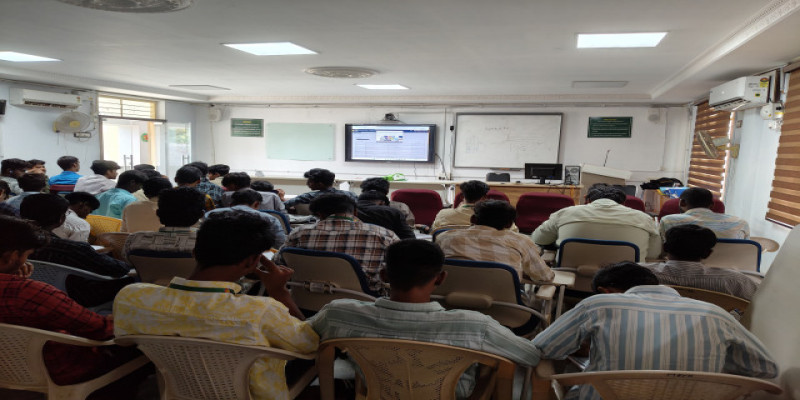Innovation in Teaching & Learning
The Mechanical Engineering Department at Government College of Engineering, Bargur, employs a variety of innovative teaching and learning strategies to enhance student learning outcomes and industry readiness. The Flipped Classroom Model allows students to review lecture materials, such as videos and readings, before class, dedicating in-class time to discussions, problem-solving, and hands-on activities. Project-Based Learning (PBL) integrates real-world, interdisciplinary, and industry-oriented projects where students apply theoretical concepts to solve practical engineering problems. Simulation tools like ADAMS enable students to experiment with virtual models of mechanical systems, while industry collaborations offer guest lectures, workshops, internships, and co-taught modules by industry experts.
Technologies like Virtual and Augmented Reality (VR/AR) facilitate immersive learning experiences, such as virtual labs and simulations of welding processes, including SMAW, GMAW, GTAW, and robotic welding, complemented by case studies of welding-related issues. Gamification adds an engaging element with quizzes, challenges, and rewards, while Blended Learning combines traditional teaching with online platforms like Moodle for assignments and discussions. Problem-Based Learning (PBL) and Active Learning Techniques, such as think-pair-share and peer teaching, encourage research, critical thinking, and collaboration.
Students are also involved in faculty-led research projects and interdisciplinary courses combining mechanical and electrical concepts. Practical skills are reinforced with models of mechanisms, pyramids, and prisms, and Capstone Projects in the final year integrate comprehensive knowledge to solve complex problems. The department ensures continuous improvement through formative assessments like quick quizzes and reflective journals, fostering a dynamic and industry-relevant learning environment.
